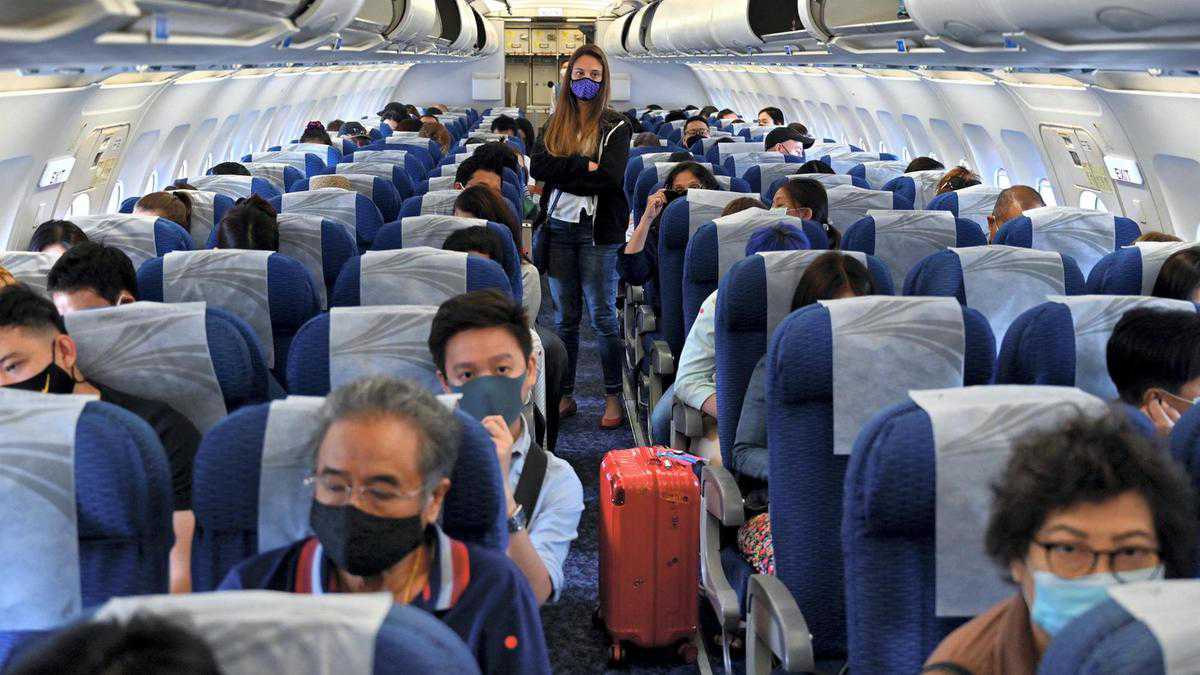International travel associated with pass on of deadly drug-resistant bacteria
24 February, 2021

International tourists are particularly susceptible to virulent strains of drug-resistant bacteria as a result of the amount of time they spend mingling with other folks, according to a fresh study published in The Lancet Microbe.
The global pass on of intestinal multidrug-resistant gram-detrimental bacteria, or MDR-GN, poses a serious threat to individual health worldwide, with MDR clones of E.coli and Klebsiella pneumonias threatening even more antibiotic resistant infections around the world.
Researchers monitored a group of European travellers visiting Lao People's Democratic Republic for 3 weeks - analysing daily returns of data and stool samples to create a comprehensive photo of the tourists' gut health.
Bacterial strains colonised different travellers staying at the same hotels and hanging out in every single other's company.
In a single exceptional instance, two individuals staying in different accommodation shared the same strain after one took a shower in the other's bathroom.
Of the 20-strong European cohort studied, 70 % were found to have already been colonised by bacteria at the end of the trip.
And all but one participant acquired several strains of bacteria with 83 unique strains recognized (53 E. coli, 10 Klebsiella, 20 other ESBL-GN species) and many of these strains becoming shared by as much as four subjects.
"International travelling is strongly linked to the spread of MDR-GN bacteria with transmission highest found in India and South-East Asia, Africa and South America," said study senior author Alan McNally, professor in Microbial Evolutionary Genomics at the University of Birmingham.
Travellers going to these high-risk regions are at substantial threat of acquiring the bacteria.
"Colonisation by MDR-GN bacteria is an extremely dynamic method," Prof McNally said.
We found constant 'competition' between circulating strains acquired by specific hosts and the travellers' 'native' bacteria.
"Travellers can pick up the bacteria even during brief visits and further spread the strains after returning house."
The impact of travel on the global spread of multidrug-resistant E.coli is good documented - up to 80 % of travellers returning from high-risk regions are actually colonised by MDR-GN bacteria, with colonisation lasting up to year.
Previous traveller analyses analysed samples just before and after, instead of during, some of the travel period.
"Our study reveals the true scale and complexity of which drug-resistant bacteria colonise the digestive tract during travel, demonstrating that it's been seriously underestimated previously," stated study co-senior author Prof Jukka Corander of the Faculty of Remedies at the University of Oslo.
Source: www.thenationalnews.com
